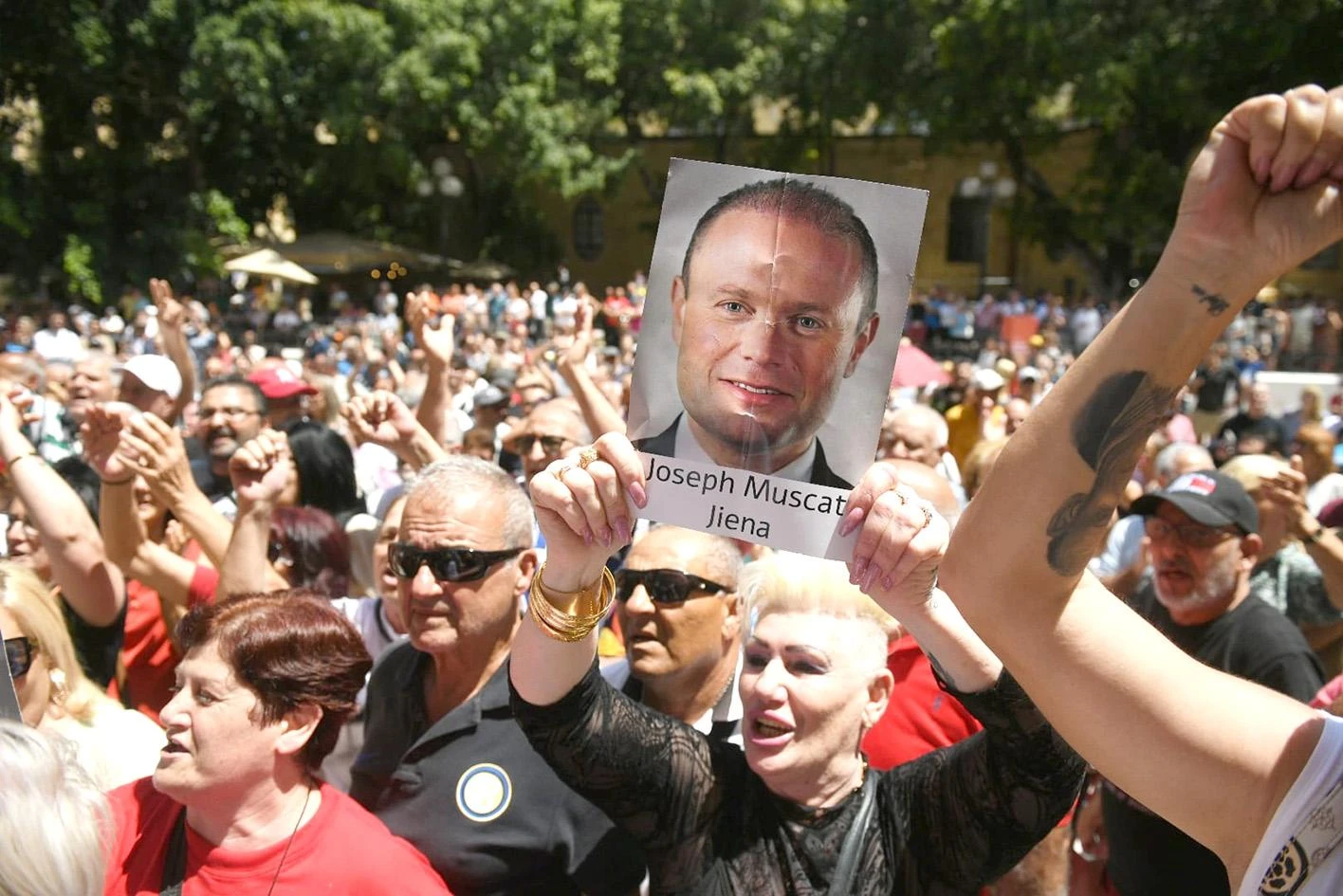We refer to the ongoing proceedings against Joseph Muscat and others in the case of corruption in the sale of hospitals and make the following observations:
- The defence of the accused is requesting that the report of the Harbinson Forensics experts, which was part of the magisterial inquiry into the hospitals scandal, be expunged. This is because in a communication to the court, an individual whose company wrote the report is refusing to come to Malta to testify. We presume that the defence believes that when this report is removed, the state’s case against their clients will collapse.
- We recall that Article 399 of the Criminal Code provides that where the examination of a witness by a foreign authority is indispensable, a letter rogatory shall be used. We are therefore expecting the prosecution in these cases to request the court to take this measure.
- We also observe that the individual who is refusing to come to Malta to give evidence resides
outside Malta. Article 647A (1) of the Criminal Code provides precisely for this circumstance. The law states that “the court may, if it considers it appropriate, permit the recording on tape or video of any evidence required from a witness or a witness residing outside Malta, in accordance with codes of practice which the Minister responsible for justice may, by regulations, prescribe.” This provision was introduced by amendments to the law carried out by the Labour government in 2015 (Act VIII of 2015) and fully addresses the current situation.
However, this provision cannot be enforced by the Court because after 10 years the government has still not made the regulations required by the law. This is unacceptable. This failure is clearly the responsibility of the government in general and of Minister Jonathan Attard in particular.
- The individual who is to testify to confirm the contents of the report has publicly stated that he fears violence if he comes to Malta. This threat is accompanied by a campaign in the media close to the Labour Party – particularly the media of the General Workers’ Union – intended to discredit the witness, attribute to him a motivation of partiality, and add to the intimidation he is suffering.
We have seen witness intimidation before in criminal cases involving Joseph Muscat. The witness in the Pilatus Bank corruption case reported that she was threatened and feared for her life. While we acknowledge that Joseph Muscat denies organizing the intimidation of witnesses who could give evidence in criminal cases against him, it is clear that the Attorney General and the Commissioner of Police are not providing any assurance of safety to witnesses in the case that is supposed to be theirs. Instead, Victoria Buttigieg and Angelo Gafà are leaving without comment and without action the statement of an important state witness who is afraid.
From what we are seeing in court, we must ask whether there is a hidden hand working to make the case against Joseph Muscat and his friends fail. Despite all this, our hope is that the Attorney General and the Commissioner of Police will carry out their duty, to act without the interference of the Prime Minister, and without seeking to appease criminals. We also appeal to the Minister of Justice Jonathan Attard to do what the law asks of him after ten years of dragging feet, and issue regulations that allow for the electronic hearing of witnesses who do not live in Malta.




